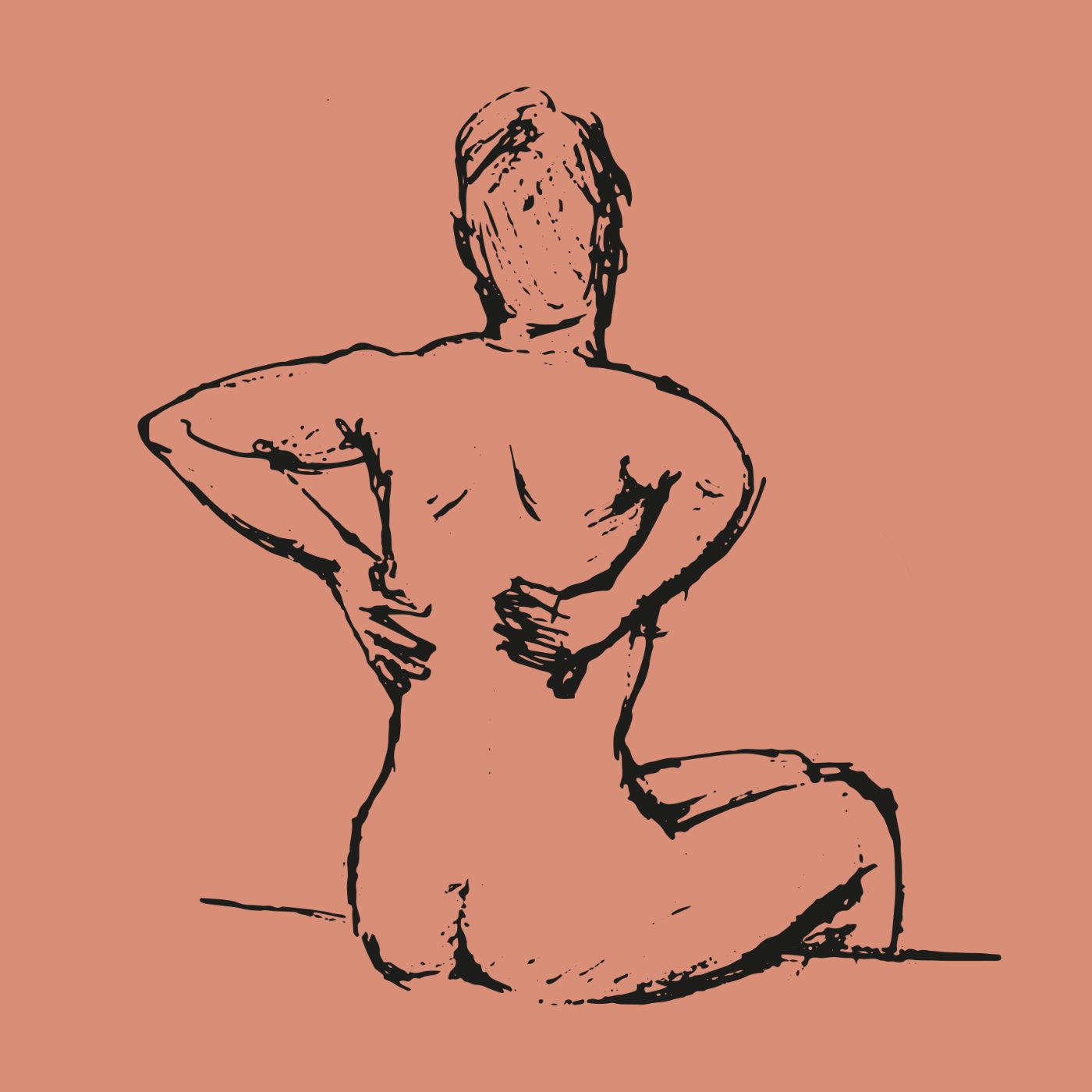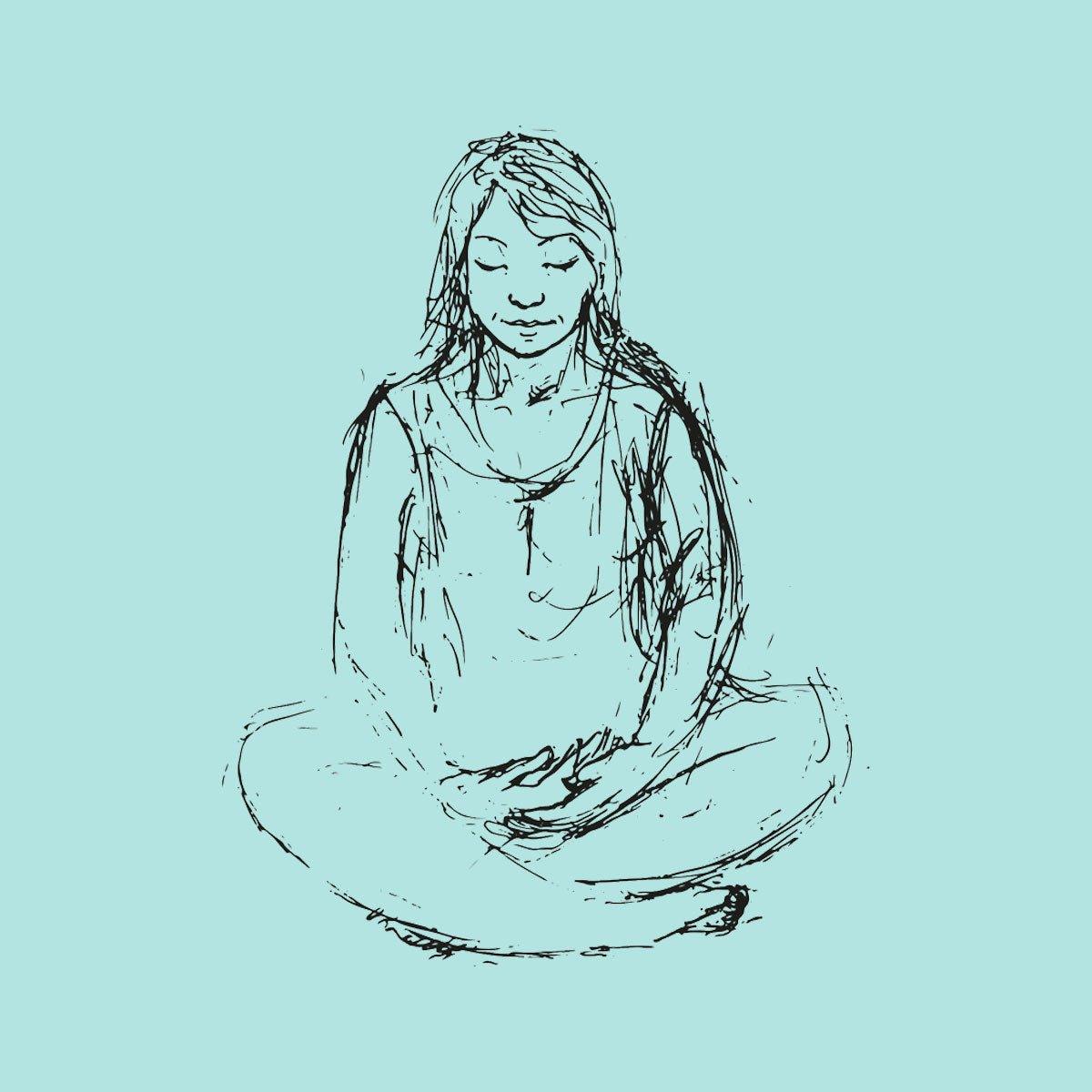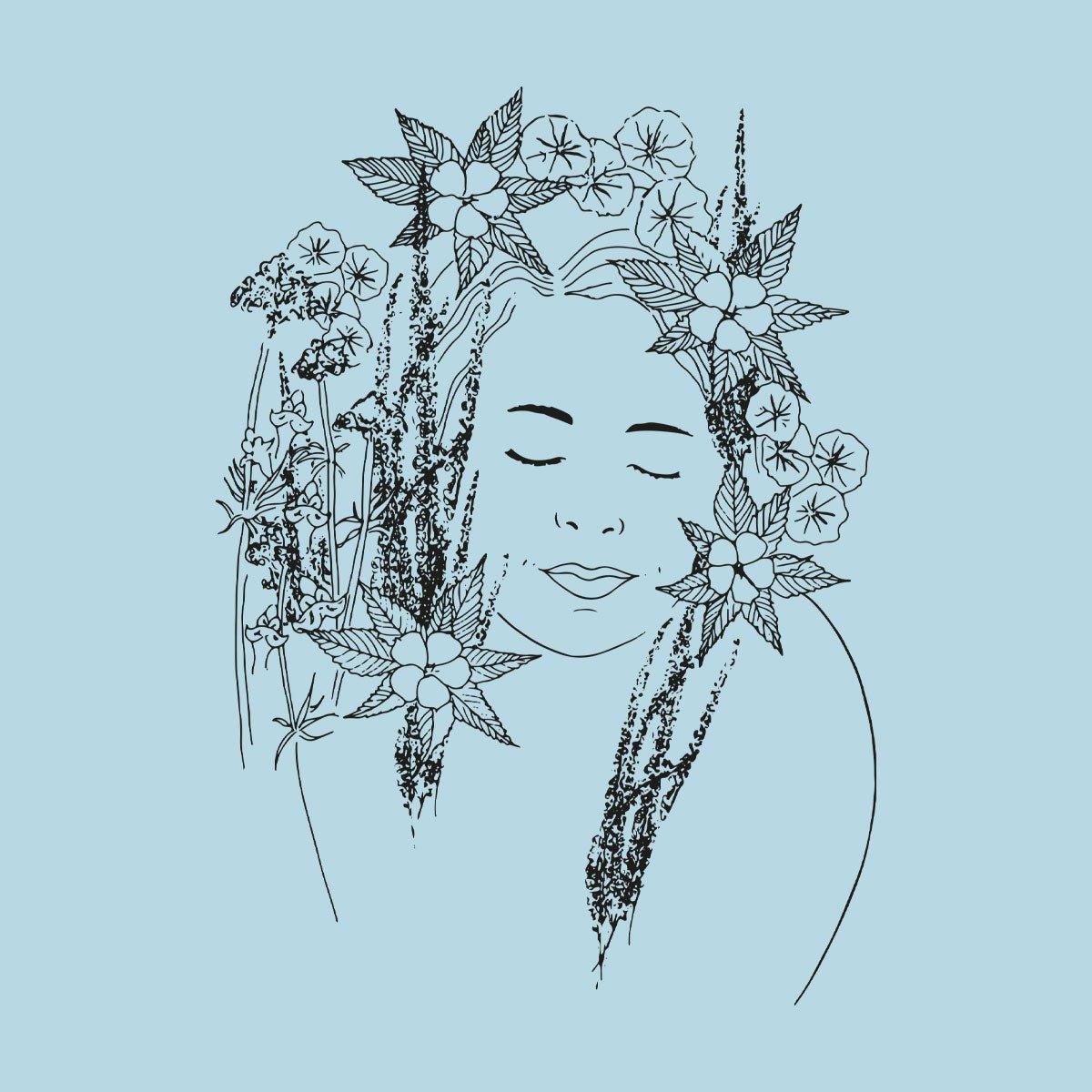Table of Contents
Table of Content
What is ‘good’ sleep?
The National Sleep Foundation recommends adults get 7-8 hours of sleep per night (1). It’s not only the duration of sleep that’s important though, it’s the quality.
Your sleep has four main stages. The interplay is complex. But, simply put, most restoration happens in the later, deep stages. If you wake during or before them, you won’t get the full benefits.
Many things can impact your sleep and there are ways to address specific issues. But, the road to better sleep starts long before bedtime.
Five simple ways to promote better sleep
Here are a few simple things you can do to help prepare yourself for a restorative sleep.
1 - Move
Not only is it good for you generally, but exercise really does help you sleep. Incorporating a healthy amount of movement in your day will help you to get deeper sleep at night.
2 - Watch what you drink
Caffeine can stay in your system for up to 12 hours and impact sleep quality (2). Caffeine is of course found in tea and coffee. But, it's also in soft drinks and even chocolate. Dark chocolate has about 4 times more than milk chocolate.
Alcohol can make you drowsy in the short term. But, it often causes poor sleep patterns (3), even in small quantities.
3 - Be careful what you eat
Eat your last meal at least two hours before you want to sleep. Avoid too many carbohydrates and fats. Too much energy consumption can lead to shorter and more disturbed sleep (5).
4 - Turn off two hours before
Limit your exposure to screens in the two hours before bed. They emit blue light. This light can disrupt sleep by reducing your natural melatonin production. (4)
5 - Keep a consistent bedtime routine
We know that children need a consistent bedtime routine - the same holds for adults too! Try to have a consistent bedtime and waking time. Choose times that work with your body's circadian rhythm. Consistently changing your routine keeps your bodily processes out of sync.
With a set bedtime routine, you will also find it easier to incorporate little rituals. These might include breathing exercises, mindfulness, and natural sleep aids. They can help you to relax and get ready for sleep.
Sources:




